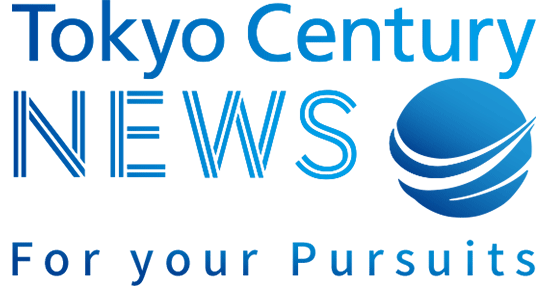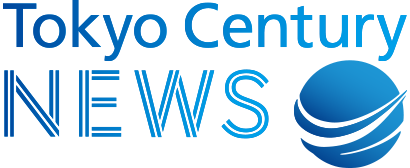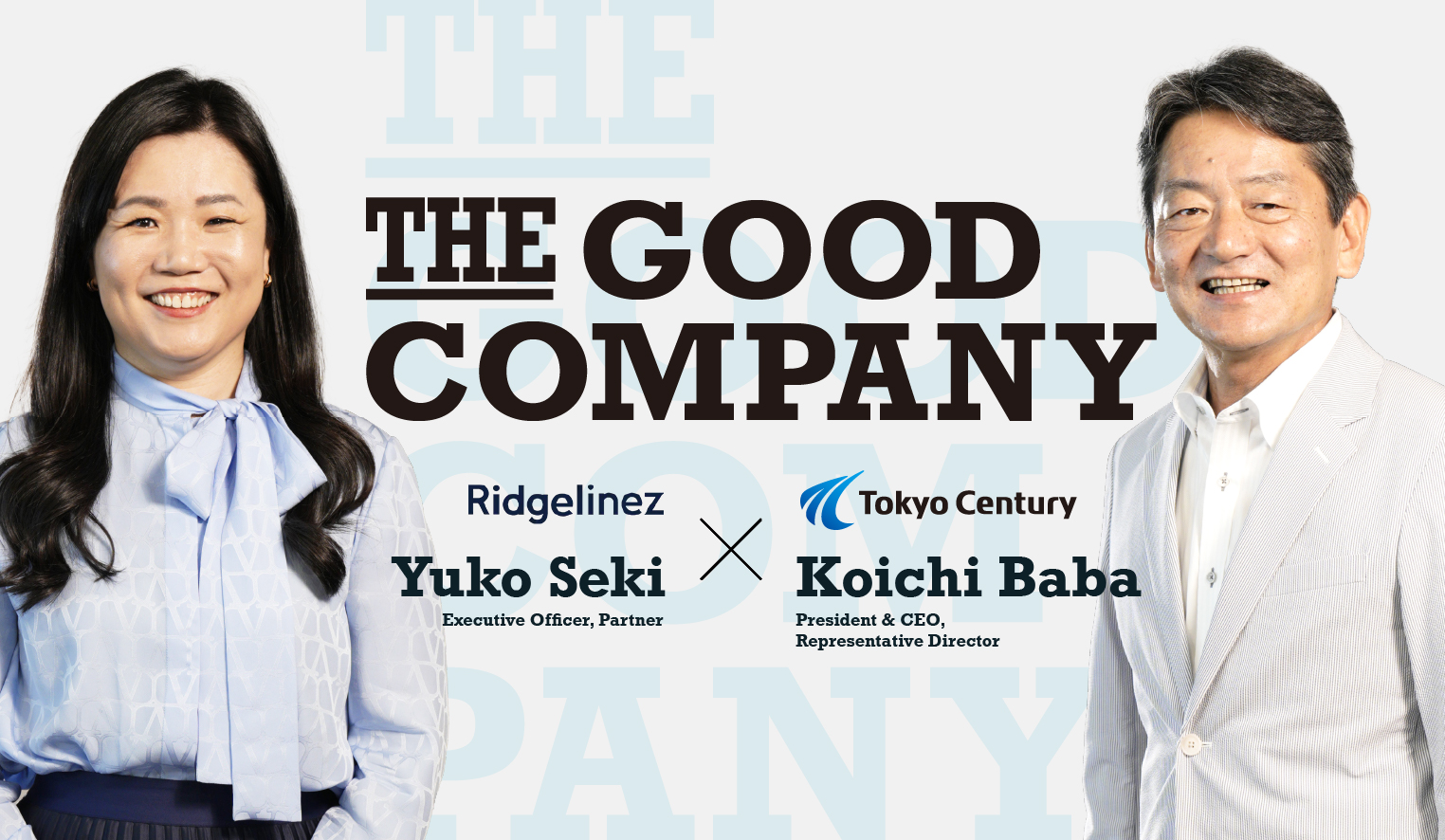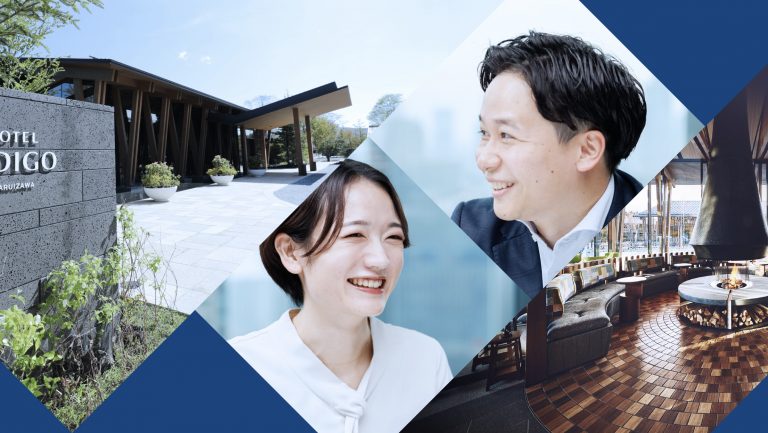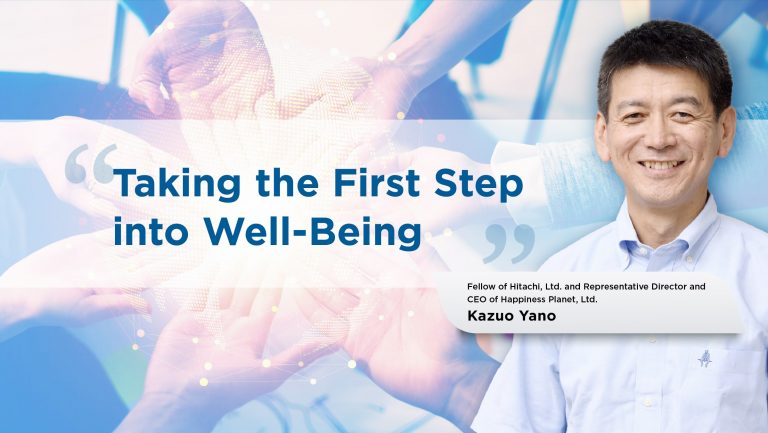
Realities of Working as an Expatriate: Four Young Employees Share Their Overseas Experience
Jun 21, 2023
Tokyo Century actively provides young employees with opportunities to work at overseas subsidiaries and Group companies as part of its global human resource development. We held a roundtable discussion with four employees who have worked in Asian countries. Each shared how they felt, including the joys and hardships of working in their assigned locations, and how they changed on a personal level, as well as their observations of the market potential and differences in business practices between countries.
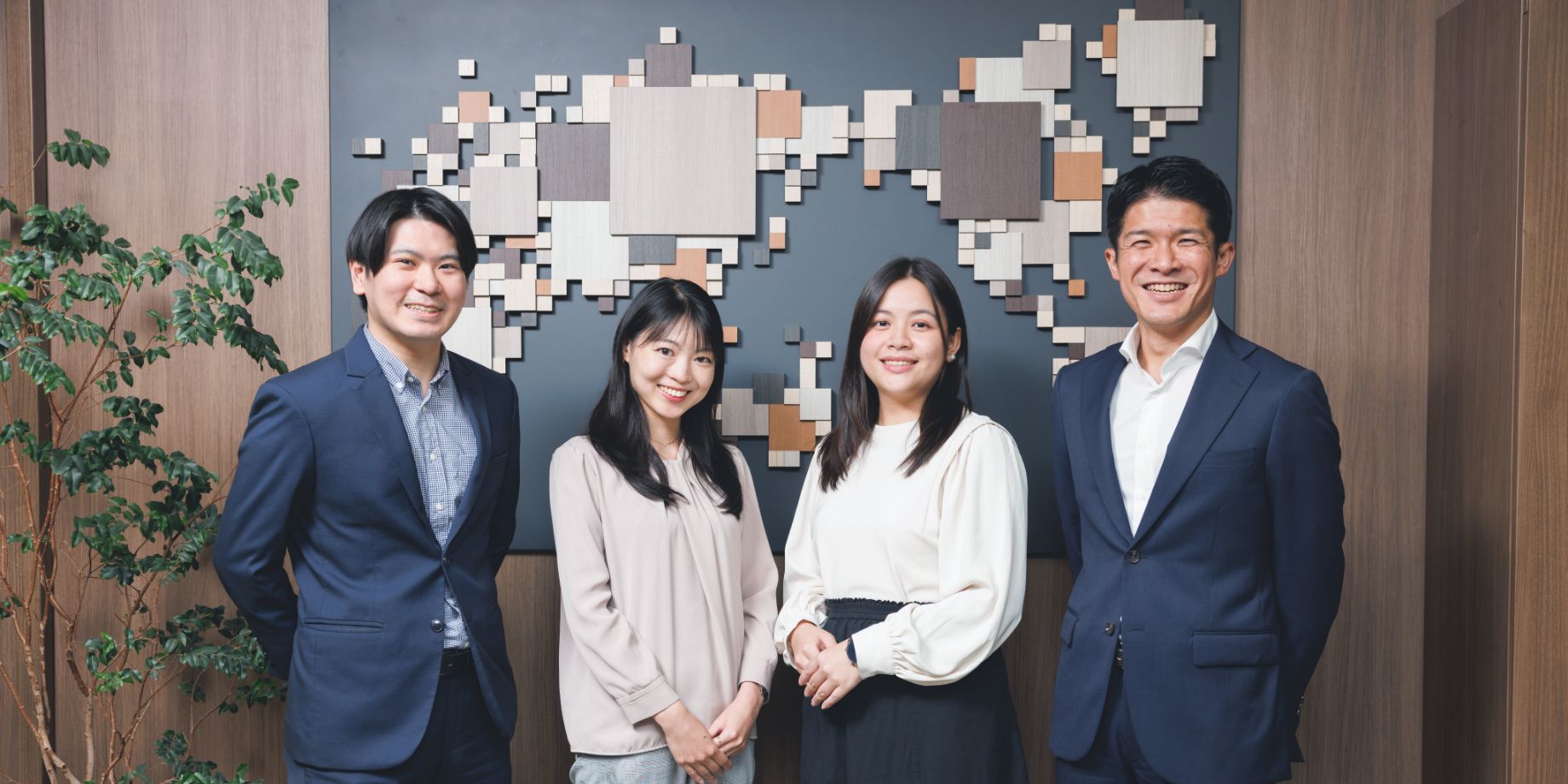
▼ INDEX
Realities of Working as an Expatriate (1): Taking Advantage of Trainee Programs to Work Overseas from the First Year
─First, please tell us why you applied for a position at Tokyo Century.
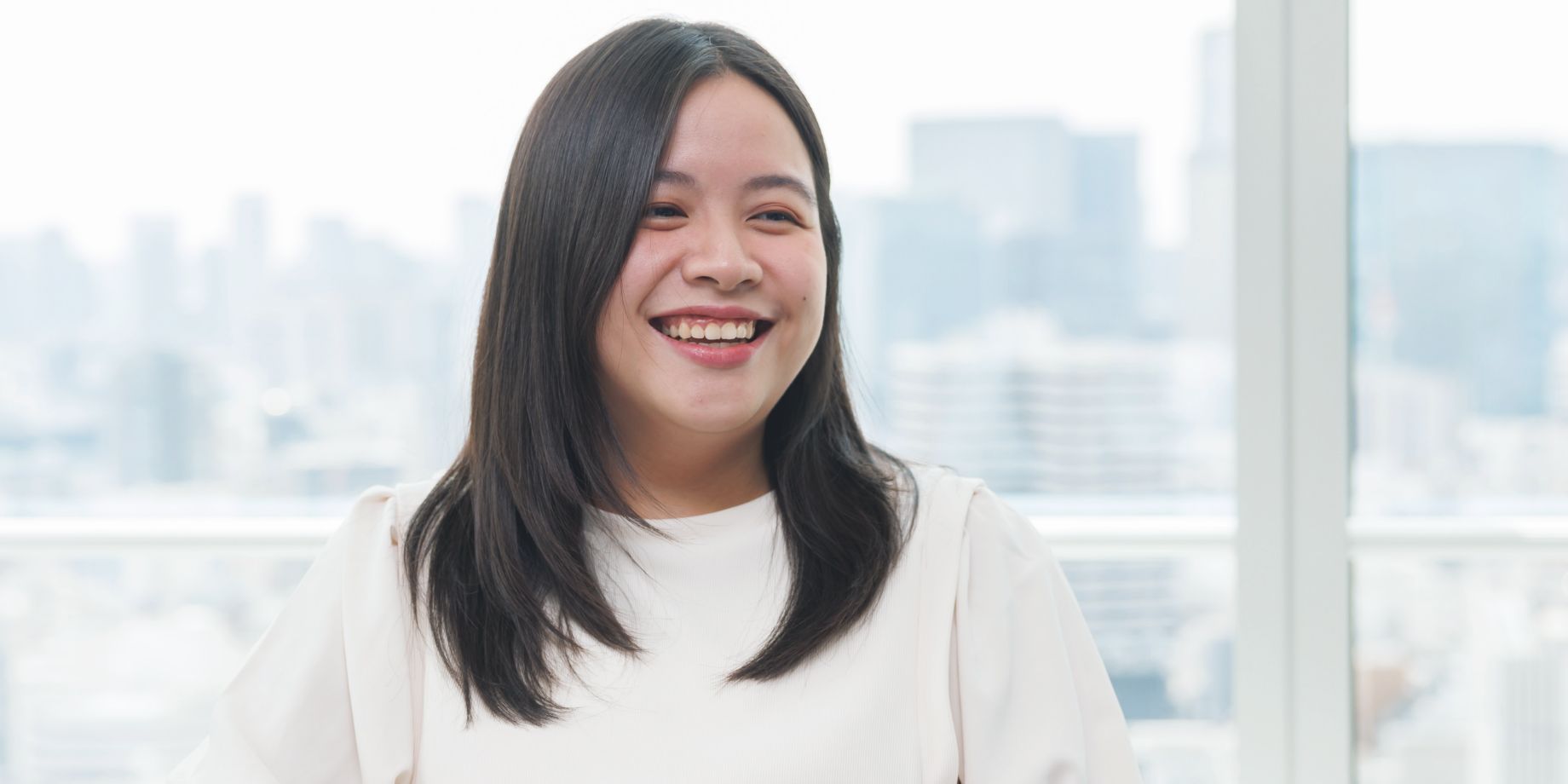
Esther: I experienced the reverse pattern, from being a trainee in my home country and then returning to Japan. Someday I would like to work abroad as a specialist.
Esther: Being from Malaysia, I hoped to someday be involved in business related to Southeast Asia or China. I was attracted to Tokyo Century’s innovative business development, such as its investments in startups in Southeast Asian countries. I studied in Japan during my university years and joined the Company in 2021. In my first year, I worked in my home country as a trainee at Tokyo Century Capital (Malaysia) Sdn. Bhd. (TCM), and then I returned to Japan in my second year to provide sales support to TCM at the head office. Since then, I’ve been involved in M&A-related operations in the U.S. market. Although I’m only in my third year with the Company, I’ve gained a lot of international knowledge and experience and feel very fulfilled every day.
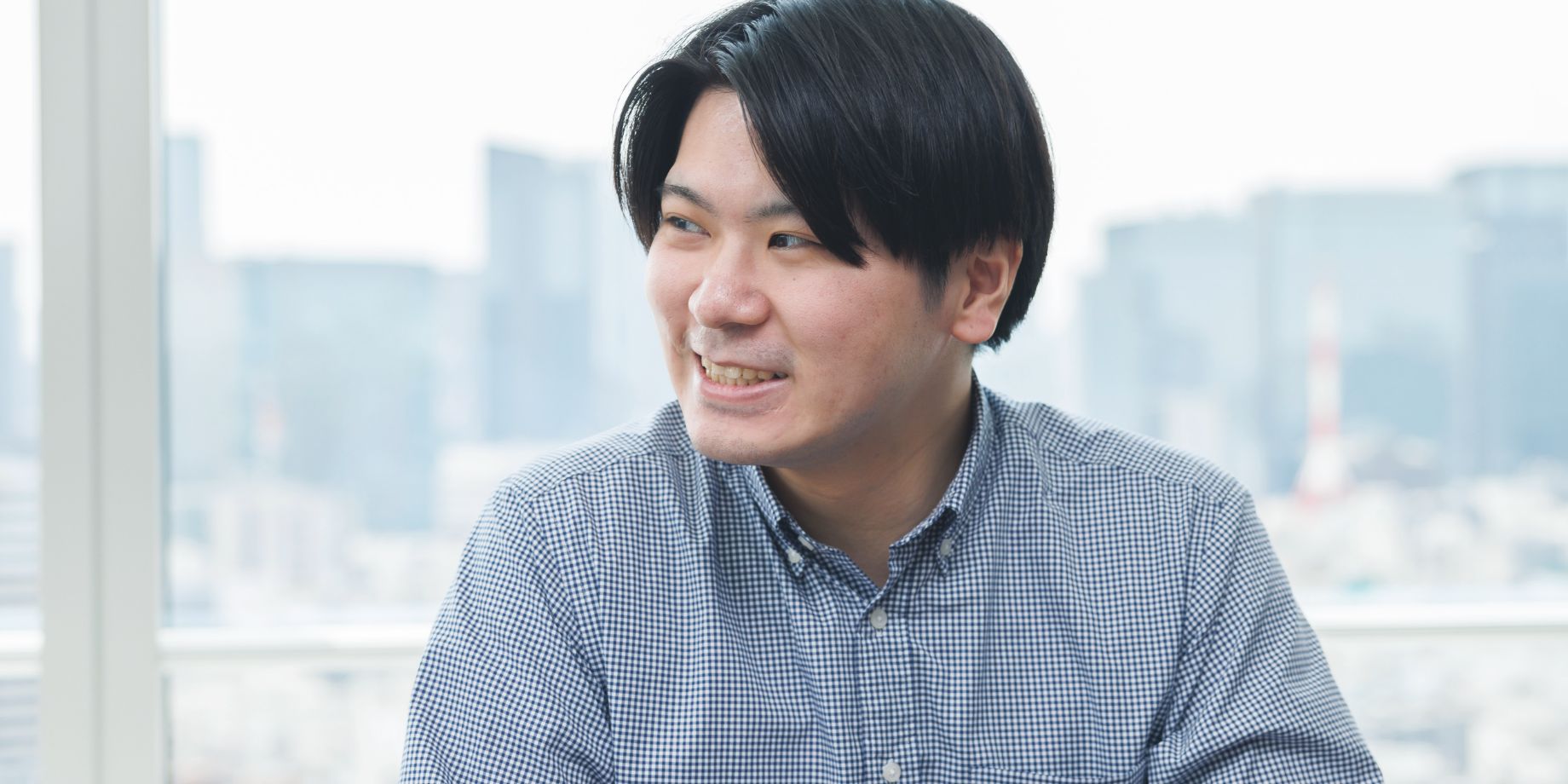
Ogata: I was able to strengthen my ability to adapt while working abroad. I ultimately want to become the head of an overseas subsidiary.
Ogata: During my time at college, I spent a total of one year in Australia and the Philippines on working holiday programs. Being exposed to various cultures left a deep impression on me, and after college, I wanted to work in a stimulating environment where I could experience different cultures. So I chose Tokyo Century because it offers opportunities to work overseas from a relatively early stage. I was assigned to the International Business segment when I joined the Company as a new graduate, and I remember well how strongly motivated I was to fulfill my wish to work overseas in my first year.

Sugiura: I worked in a tough environment in my assigned location and gained perseverance. I’d like to work with partner companies to contribute to the world.
Sugiura: I also had a great experience during my school days. I studied in Germany for a year during high school and in the U.S. for a year during college. I was truly blessed by the people around me, so I also wanted to support others in some way and began to think about working with people overseas to enrich society and contribute to the world. During that time, I came across Tokyo Century at a job hunting forum for people who had studied abroad, and I learned that the Company offered overseas assignments regardless of age, and that’s why I applied for a position and am here today.
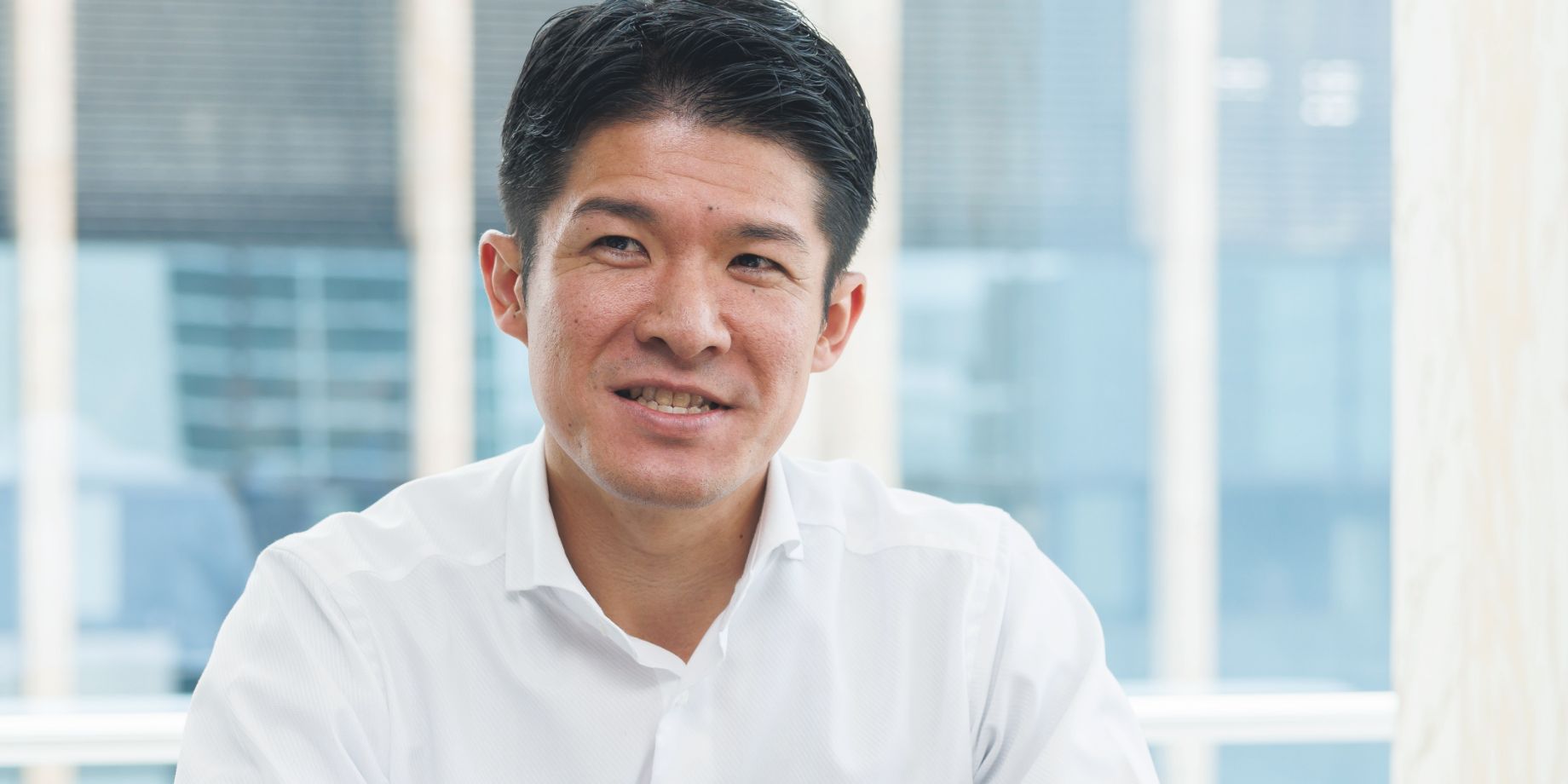
Tsukamoto: I became more overseas-oriented after working abroad. I want to be someone who can have an impact on the overseas market someday.
Tsukamoto: I joined Tokyo Century after working for a trading company and a consulting firm, and this is my seventh year. Ever since I was a student, I was strongly attracted to global business and envisioned an ideal future in which I’d be someone who could have an impact on overseas markets. That driving passion resurfaced whenever I was considering my next career move, so the decisive factor became the likelihood I’d be able to take on new challenges to realize that future.
Realities of Working as an Expatriate (2): Diverse Experiences and Growth Opportunities Only Gained Overseas
─What kind of work were you in charge of and what kind of experiences did you gain during your overseas assignment? Also, please share with us any changes in yourself that you may have experienced.
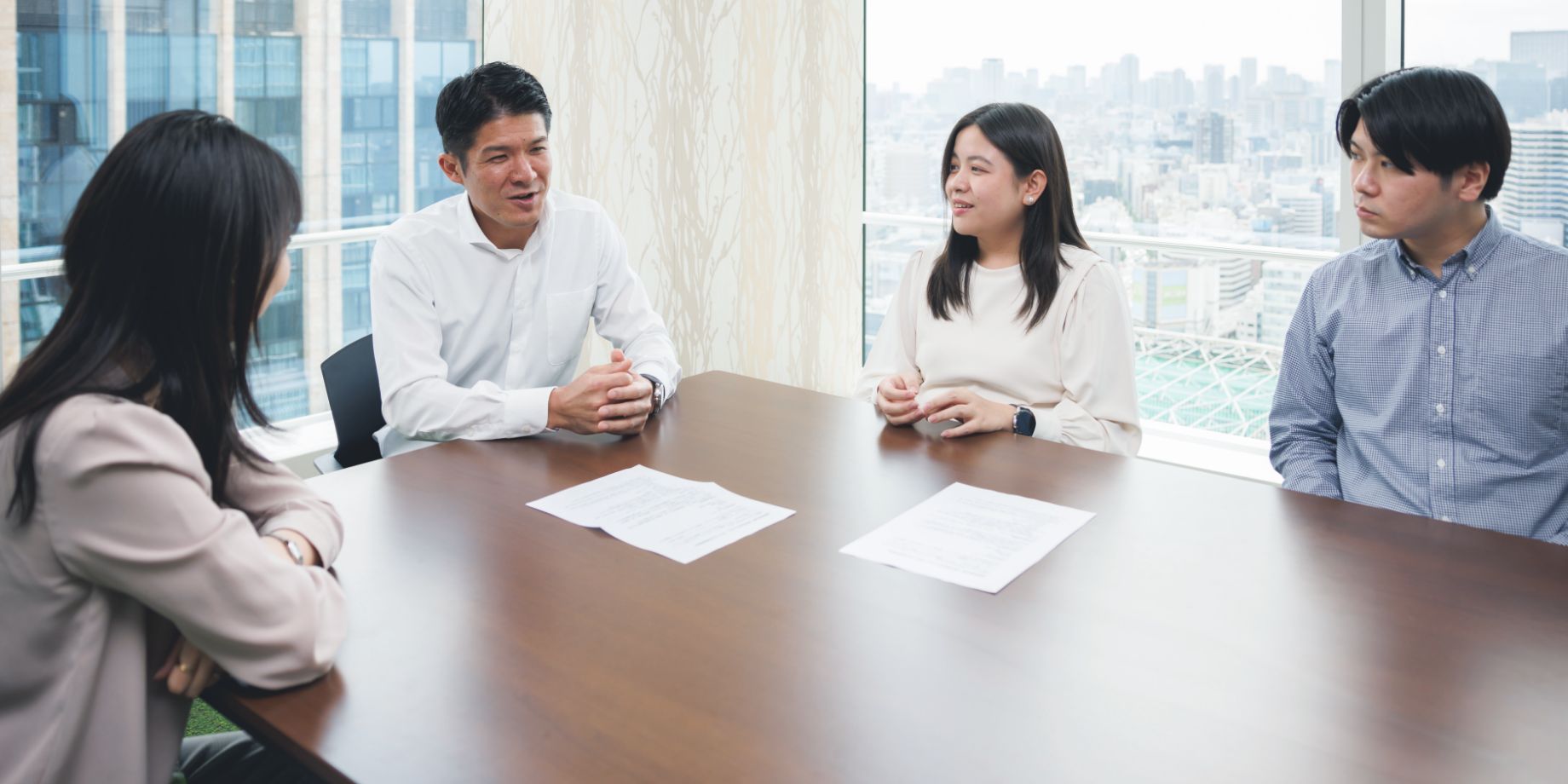
Ogata: I was assigned to BPI Century Tokyo Lease & Finance Corporation in the Philippines and TC Car Solutions (Thailand) Co., Ltd. (TCCS) in Thailand for one year each, and I was responsible in both locations for a wide range of operations in auto leasing, including sales, fleet management, and other operations. One of my most memorable experiences at TCCS was being involved in the development of a fleet management app for customers. I supported the project leader by assisting in the development direction and post-release analysis on how the app was actually being used. While I was initially at a loss since I didn’t have any IT skills, these tasks increased my awareness of needing to come up with my own solutions, even if they were outside my area of expertise. That really strengthened my adaptability.
Tsukamoto: The overseas office often provides many opportunities to get involved in tasks beyond your main duties. My experience was similar to that of Mr. Ogata. I was assigned to TISCO Tokyo Leasing Co., Ltd. in Thailand immediately after joining the Company, where I was responsible for various tasks in addition to sales. Being an expatriate and team manager, I was responsible for hiring and training local staff, which included conducting interviews and creating instructional procedures, all of which provided a lot of experience.
As a general leasing company, we handled a wide range of properties, such as IT equipment, machine tools, and renewable energy equipment. So I found it to be both interesting and challenging to promote the solutions and schemes we could offer to meet the needs of our customers and cooperating vendors based on their strategies, business environment, financial policies, and other factors, rather than simply selling a finished product through a standard business channel.
Sugiura: As for me, I’ve gained considerable knowledge about vehicles. In the winter of my second year with the Company, I was assigned to Tokyo Century Leasing (Singapore) Pte. Ltd. in Singapore for about two years. I acquired experience in auto leasing sales, and through that I picked up the basics of auto leasing, including knowledge of type and performance of vehicles, and the secondhand market. I also learned the essential aspects of sales during that period although I was frustrated by not achieving the results I’d expected. Singapore is a small country, so the government controls the number of vehicles. The price of a vehicle is about four times higher than it is in Japan, while public transportation and taxis are inexpensive, making it a difficult environment to propose leasing. And so this experience made me mentally tougher, as I realized that it is to constantly build contacts with customers without rushing.
Esther: I also found it difficult to uncover the demand for leases. Malaysia is a car-based society, which means that local people are quite conscious about owning cars. TCM was developing a leasing business for facilities and IT equipment in addition to auto leasing, so I also worked on proposing vendor finance*1 and credit-related operations. In my case, the first year was a time I had to step up from being taught by others to becoming independent, so I struggled with things like communication. And it feels like I’ve grown even more since my second year; that is, after I returned to Japan.
*1 A leasing method that supports dealer sales promotions by providing the end user with a combination of financial services such as leases and installment sales.
Realities of Working as an Expatriate (3): The Business Potential of the Asian Market
─What are the characteristics and potential of each market in the countries in which you have worked?
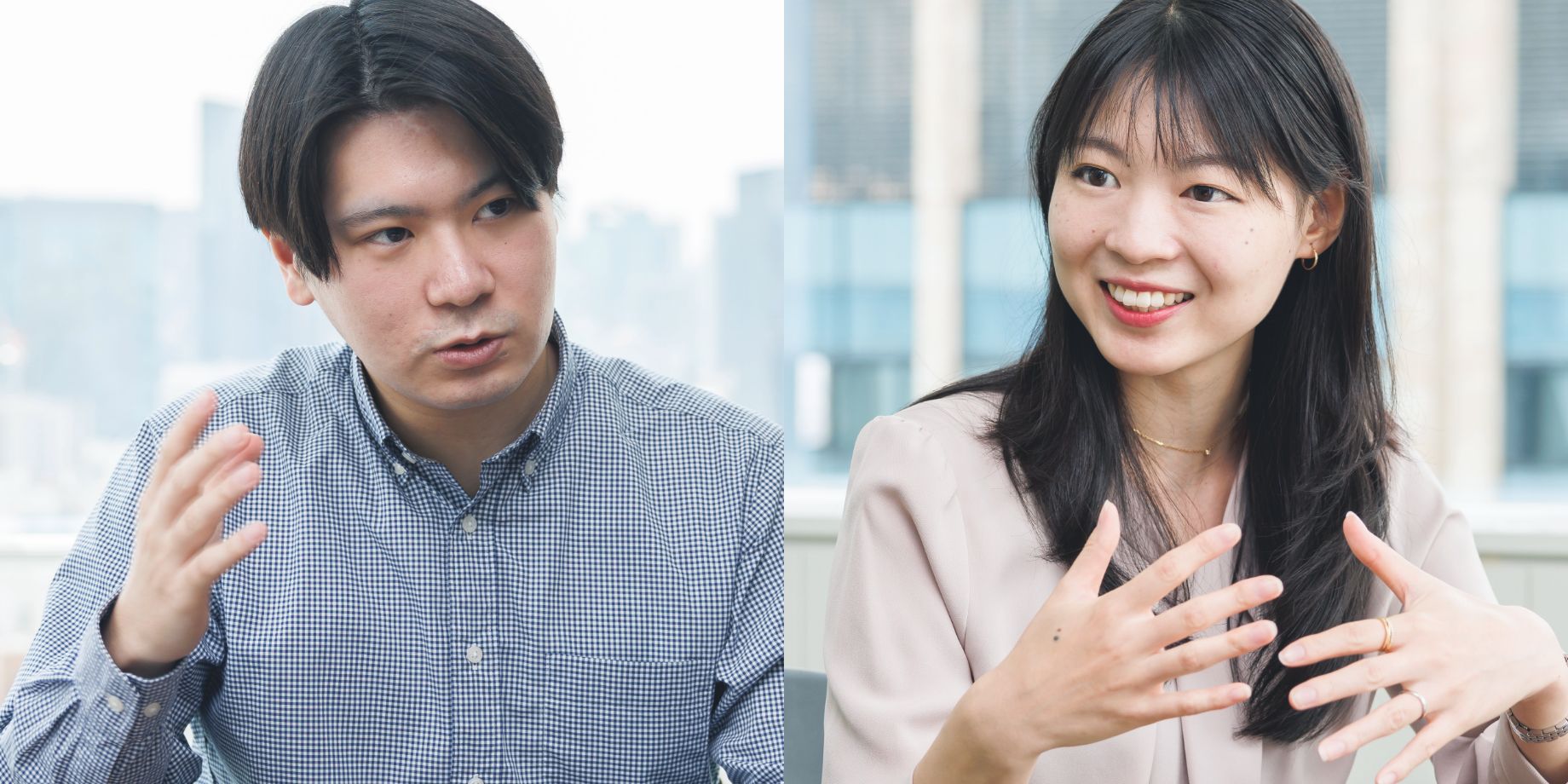
Ogata: As Esther mentioned, people in the Philippines are very conscious of vehicle ownership. They are aware of the status associated with material possessions, and purchasing a vehicle after the lease expires is a mainstream practice. So the used car market, including vendor auctions, is relatively underdeveloped compared to advanced countries. As the country matures, I suspect that public awareness will shift from ownership to usage, and I’m closely watching to see how the widespread use of electric vehicles, or EVs*2, will impact this shift.
Esther: EVs are associated with issues such as onboard battery life and cruising range, so demand is likely to be from those interested in the experience of using rather than owning them, making leasing a good option. Combining EVs with auto leasing could therefore boost demand for auto leasing.
*2 Also see: Worldwide Status of Electric Vehicles? Just 1% of Market in Japan!(https://www.tokyocentury.co.jp/tc-news-en/sustainability/electric-vehicle/)
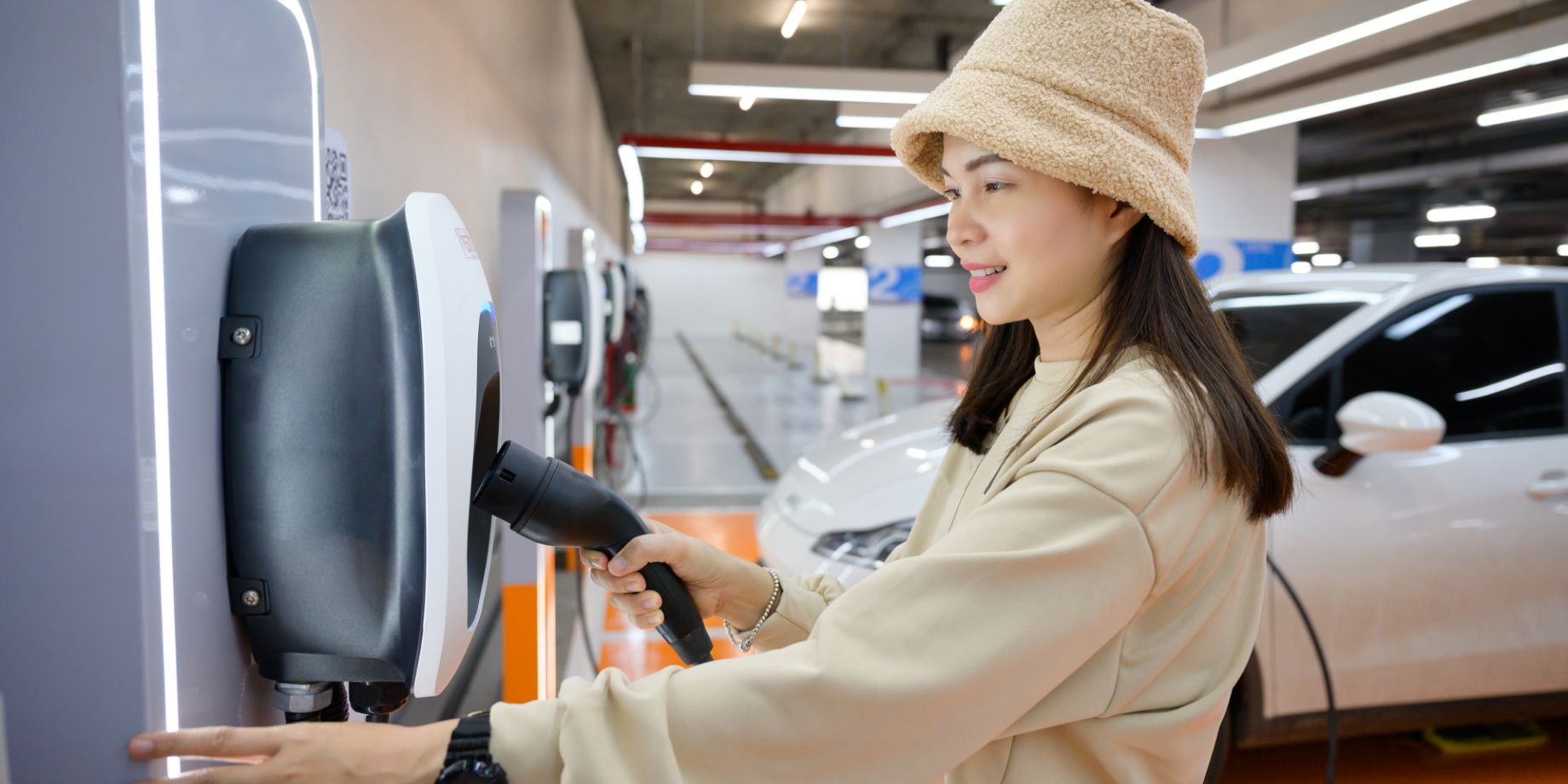
Sugiura: EVs are likely to become popular all at once. The government of Singapore is wielding strong influence through its policy of limiting the number of vehicles along with concrete plans to phase out gasoline and diesel vehicles. And as a small country, it can easily develop the required infrastructure, such as by installing charging stations, to encourage the popularization of EVs. That’s why I believe EVs will spread quickly among the ASEAN countries. Maintenance costs and the value of used EVs, however, remain largely unknown, so these aspects represent additional potential for the leasing business.
Tsukamoto: I feel that EVs are spreading at a relatively fast pace in Thailand. In terms of decarbonization efforts, Thailand relies on thermal power generation and has demonstrated an impressive level of interest in renewable energy. Given the significant presence of Japanese manufacturing companies, particularly in the automobile industry, I think that demand for decarbonization will continue to grow there. We are therefore actively promoting proposals that combine the Joint Crediting Mechanism, or JCM*3, and financing. During my assignment, I was able to facilitate several leasing projects for solar power generation systems.
*3 A mechanism to reduce greenhouse gas emissions through bilateral partnerships with overseas countries, especially developing nations.
Also see: Unique Contributions by Tokyo Century for Creating a Decarbonized Society
https://www.tokyocentury.co.jp/tc-news-en/services/international-business/creating-a-decarbonized-society-jcm/
Reference
We also asked about comparisons between their assigned countries and Japan.
Q: Which country felt more comfortable or advanced relative to (1) through (4)?
(1) Living environment
(2) Gender equality (women’s empowerment, understanding of LGBTQ issues, etc.)
(3) IT literacy and DX Promotion
(4) Decarbonization initiatives
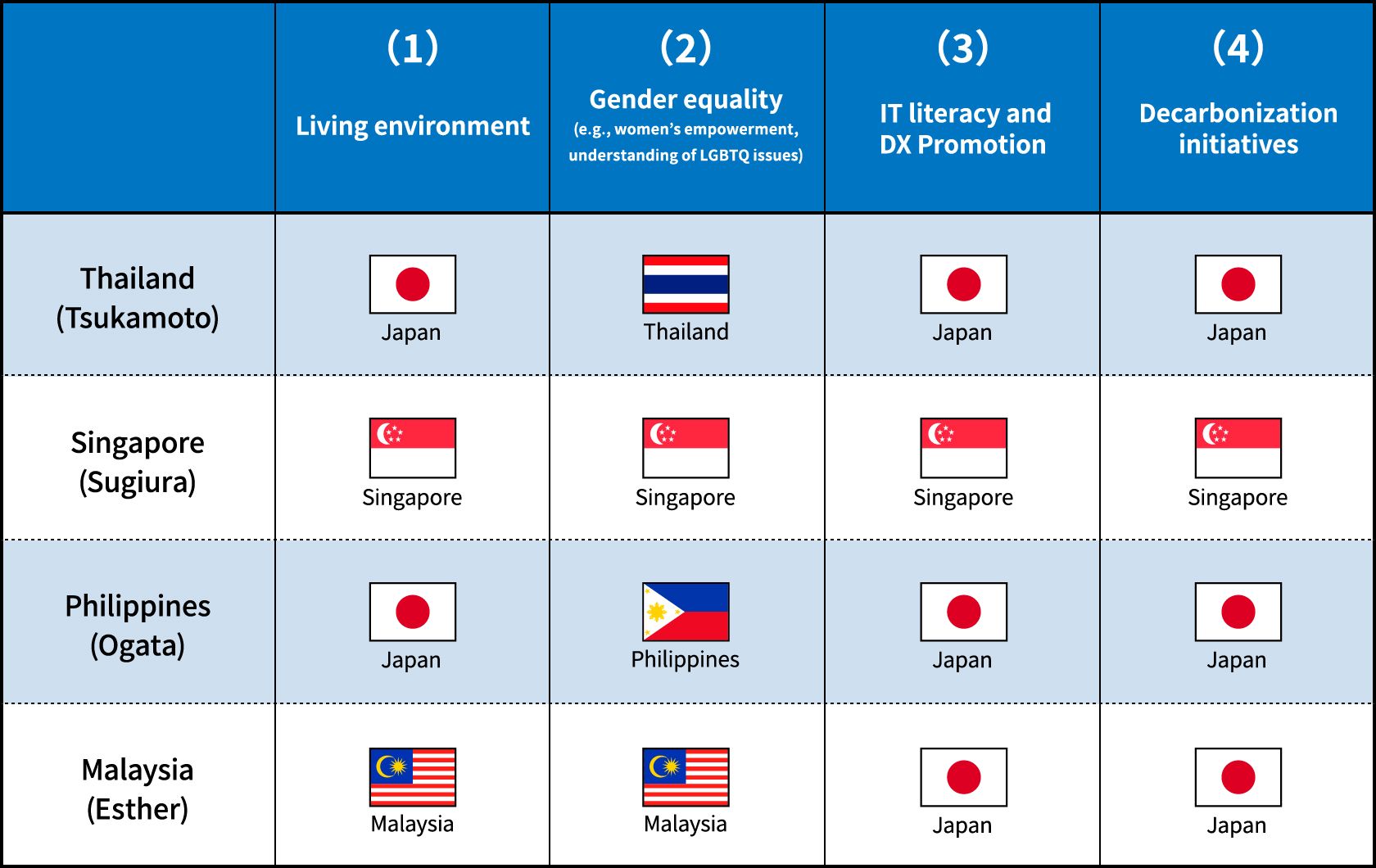
Tsukamoto: (2) LGBTQ issues: Diverse people are in the workplace as the norm. No one is bothered by anyone’s differences.
Sugiura: (4) Decarbonization initiatives: I feel the government’s strong focus on decarbonization from public measures to promote EVs.
Ogata: Though different from the themes of (1) to (4), the Company held in-house events at each milestone.
Esther: (2) Women’s empowerment: Many women are in corporate management and executive positions, and women have also served as central bank governors.
Realities of Working as an Expatriate (4): All Participants Agreed on Wanting to Work Abroad Again and Look Forward to Giving It Another Shot
─What do you see as your next challenges?
I originally wanted to be a specialist, but after participating in the operation of the assigned company, I began thinking about getting involved in operations closer to management. That may be a little farther down the road; however, I hope to ultimately become the head of an overseas subsidiary. To that end, I’d like to tackle my responsibilities as they arise while being aware of the big picture of the Company.
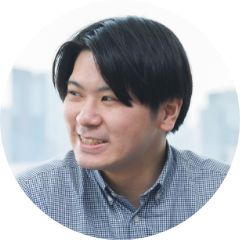
Ogata
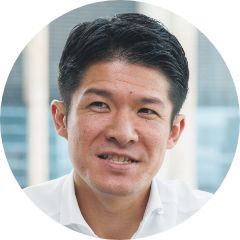
Tsukamoto
This was my first overseas assignment. As a result, I have gained valuable insight and a sense of personal growth, which have further increased my desire to work abroad. Despite the challenges and hardships, it has been an invaluable experience for me to learn about organizational management beyond sales. I also want to be involved in the management of overseas operations in the future. I don’t think I have the required skill set yet, so I’ll continue to work hard to accumulate experience and knowledge so that I can get another opportunity to be assigned overseas.
I’m currently involved in M&A operations in my department, and I feel that I’m taking advantage of my experience in Malaysia, where I gained practical knowledge of general finance operations. I’m able to interpret corporate trends and issues from data and visualize the upstream and downstream aspects of a business. I’ll work hard to improve these skills so that I’ll be in a specialist position for my next overseas assignment.

Esther

Sugiura
Like the rest of you, I really want to work overseas again. My work in Singapore was focused on auto leasing, so I want to become capable of creating new businesses such as one through which we sell our products with added value in collaboration with partners, rather than dealing only with products.
Message to Future Expatriates: Keep a Positive Mindset and Don’t Be Overly Concerned with Language Barriers or Cultural Differences
─Finally, what advice do you have for those who would like to work overseas?

I want to say, don’t worry too much about language and cultural differences. I didn’t know much about Japanese manners or have much common sense, but when I failed at something, I sincerely apologized and tried to adapt and grow in my thinking. I hope you’ll enjoy communicating with your colleagues and others around you without feeling too much pressure.

Esther

Tsukamoto
While I certainly had some concerns as a student in Canada and an employee in Thailand, I was able to find moments of joy and excitement. I believe that overcoming hardships often leads to opportunities for personal growth, so I encourage you to approach your endeavors with a positive attitude.
It’s important not to view language as a barrier. I myself had a hard time when I was first assigned abroad. I had to record conversations and listen to them over and over again. However, language ability in itself is not a major issue. I encourage future expatriates instead to challenge themselves to gain experience and opportunities to grow in a new workplace. I’m sure that their concrete experience will broaden their horizons and that they’ll gain invaluable assets for career development.

Ogata

Sugiura
In Singapore, I faced many difficulties at first because I didn’t have much to build on, as my experience back in Japan was very limited. So I was quite happy when I was able to produce results, but I still felt I could have done more if I’d started out with more experience. Working hard on the tasks before you now and gaining experience will surely help you overseas. I encourage future expatriates to value the experiences they’re building up now.
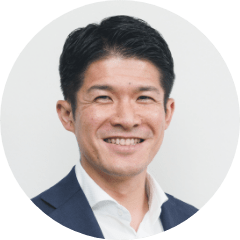
Naoya Tsukamoto
Global Business Division II
After working for a trading company and a consulting firm, he joined the Company as a mid-career employee in 2017. In the same year, he was transferred to TISCO Tokyo Leasing Co., Ltd. and worked as an expatriate for five years, during which he handled a wide range of leasing properties, including IT equipment, machine tools, and renewable energy facilities. He returned to Japan in 2022 and is currently in charge of cooperative projects with the NTT Group, a capital and business alliance partner.
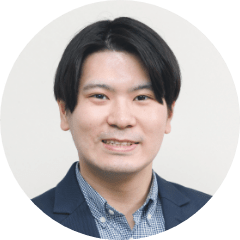
Kazuki Ogata
Global Business Strategic Planning Division
He joined the Company in 2018. In December of the same year, he was transferred for one year as a trainee to BPI Century Tokyo Lease & Finance Corporation in the Philippines. The following year, he was transferred as a trainee to TC Car Solutions (Thailand) Co., Ltd. in Thailand, where he worked in sales, fleet management, and other operations related to auto leases. Since 2020, he has been in charge of financial management and planning-related operations in his current department.

Sakura Sugiura
Global Business Division I
She joined the Company in 2018 and was transferred to Tokyo Century Leasing (Singapore) Pte. Ltd. in Singapore in 2019, where she worked in auto leasing sales for about two years. Currently, she has been responsible for providing business support in Malaysia.

Esther Lo Ann Chee
Global Business Strategic Planning Division
She joined the Company in 2021 and was transferred as a trainee at the beginning of her career to Tokyo Century Capital (Malaysia) Sdn. Bhd. in Malaysia. She returned to Japan the following year and is currently involved in U.S. market M&A operations at the Global Business Strategic Planning Division.
Note: The information in this article is current as of the time of publication.
RECOMMEND ARTICLES
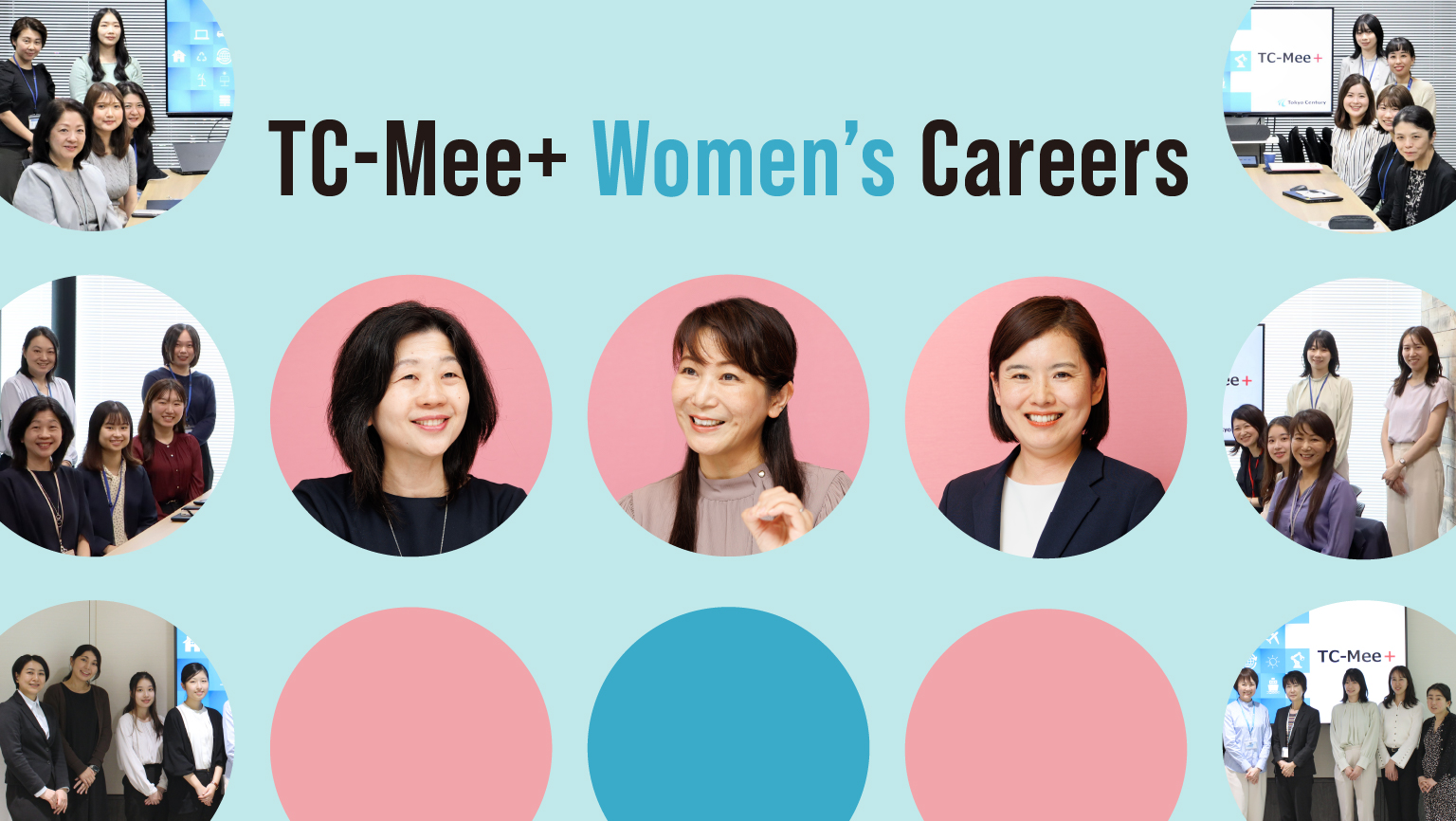
Dec 13, 2024
Since fiscal 2022, T…
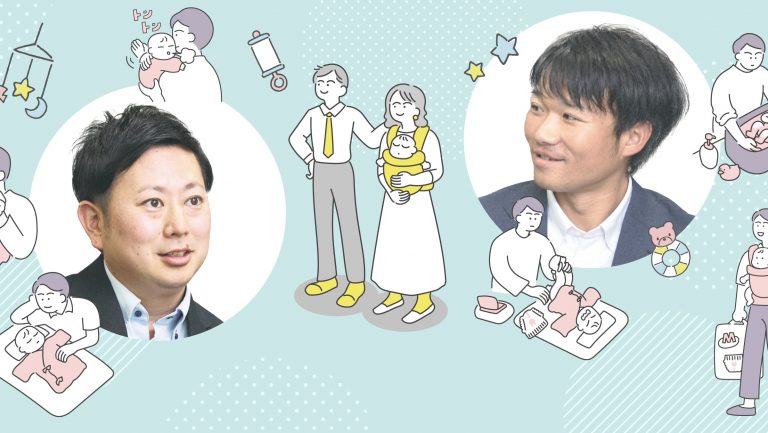
Feb 28, 2024
With the Act on Chil…
